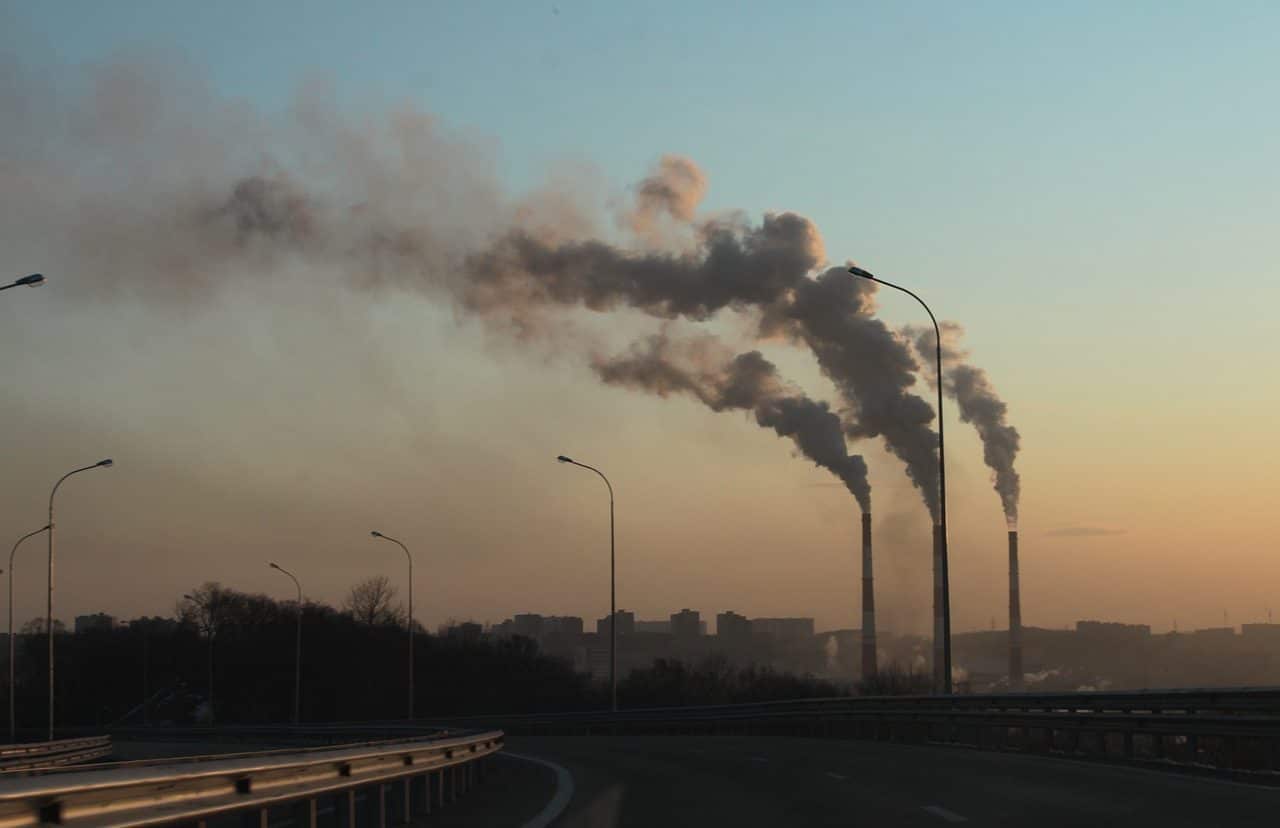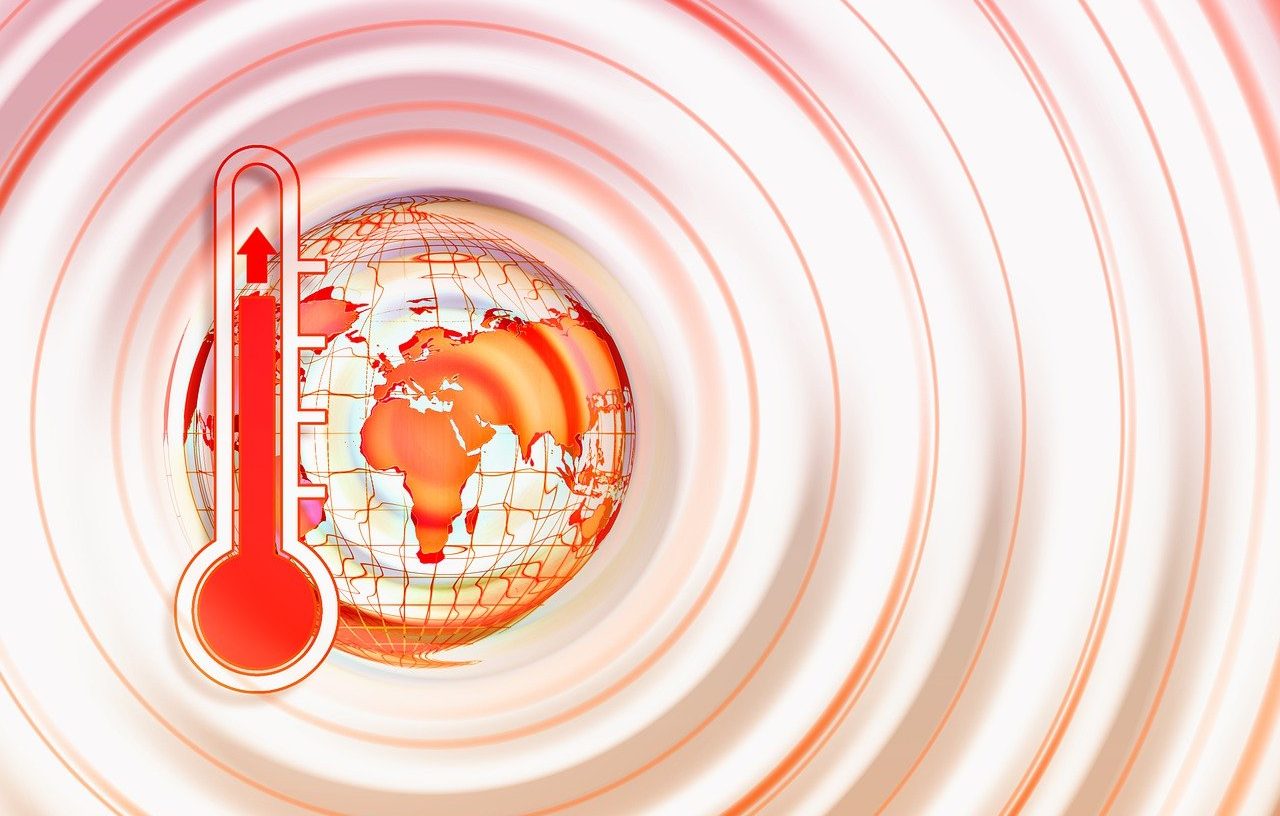
The greenhouse effect is linked to a type of thermal insulation.
The greenhouse effect is a phenomenon by which certain gases retain part of the energy emitted by the soil after having been heated by solar radiation. Therefore, a warming effect similar to that which occurs in a greenhouse is produced, with an increase in temperature.
Although the greenhouse effect is produced by the action of various components of the planetary atmosphere, the warming process has been accentuated in recent decades by the action of man through the emission of carbon dioxide (CO2) and methane (CH4). .
In addition to these two substances, greenhouse gases also include water vapor (H2O), nitrogen oxides (N2), chlorofluorocarbons (CFCs) and ozone (O3). Elements that are all natural but that, as a result of the well-known Industrial Revolution with which intense activity began regarding the use of fossil fuels, have seen their presence in the atmosphere increase and that causes the particular greenhouse effect situation that we are in. analyzing.
global warming
The greenhouse effect is one of the causes of global warming , the theory that maintains that the earth's temperature has increased in recent times due to atmospheric pollution and that, if human behavior does not change, it will continue to increase. If the temperature increases outside of normal levels, the sea level will rise and large inhabited regions will be flooded, for example.
To avoid these problems, several governments promote the Kyoto Protocol , an international agreement that seeks to reduce greenhouse gas emissions. However, there are countries that refuse to accept the protocol since they consider that it could be detrimental to their economies .
Broadly speaking, to keep the greenhouse effect within acceptable parameters it is necessary to reduce deforestation , protect the ozone layer and resort to renewable energies (such as solar energy and wind energy). Environmental policies are needed that encourage these changes to recover sustainability, as well as greater ecological awareness on the part of all humanity.

The Paris Agreement establishes measures that aim to reduce greenhouse gas emissions.
Characteristics of the greenhouse effect
It is important to note that the greenhouse effect is essential to the Earth 's climate . The problem lies in pollution since, in a balanced situation, the amount of energy that reaches the planet through solar radiation is compensated by the amount of energy radiated into space; Therefore, the earth's temperature remains constant.
Take the case of carbon dioxide . Its presence is key to the existence of life on the planet since it contributes to the stabilization of the atmosphere. According to scientists, if carbon dioxide were eliminated, the greenhouse effect would stop working and the temperature on the Earth's surface would drop by around 33ºC .
That is why it should always be considered that the greenhouse effect is essential for life. It makes the planet neither too cold nor too hot, maintaining the average temperature around 15 °C and creating the conditions conducive to the subsistence of human beings and the rest of the species.
The problem lies in the growth of the so-called carbon footprint , as the set of greenhouse gases that are emitted by a person, a company, an activity or an event is called, either directly or indirectly. The increase in CO2 levels due to the burning of fossil fuels causes an imbalance in the greenhouse effect, encourages an increase in temperature and causes climate change.

Human activity that alters the greenhouse effect generates changes in the energy balance.
Its consequences
Among this set of important changes that the imbalance causes in the climate and, therefore, in our environment, are some as relevant and important as the polar thaw . The melting of glaciers brings with it a notable rise in sea level that could lead to flooding of cities and towns.
Likewise, another of the most relevant consequences of the greenhouse effect encouraged by man is the increase in desertification and soil erosion thanks to these high temperatures and lack of rain. Without forgetting either that it causes meteorological changes and intense storms with extreme rainfall that significantly affect the agricultural sector, specifically its crops. This represents not only an obstacle for the aforementioned area but also a detriment to all human beings in general due to its repercussions on food production.
Another derivation of the greenhouse effect is the fact that changes in the different seasons of the year also bring with them changes in the migration processes of birds and even in their reproduction.
Recurrent droughts and forest fires are also among the repercussions of global warming caused by the imbalance in the greenhouse effect.
